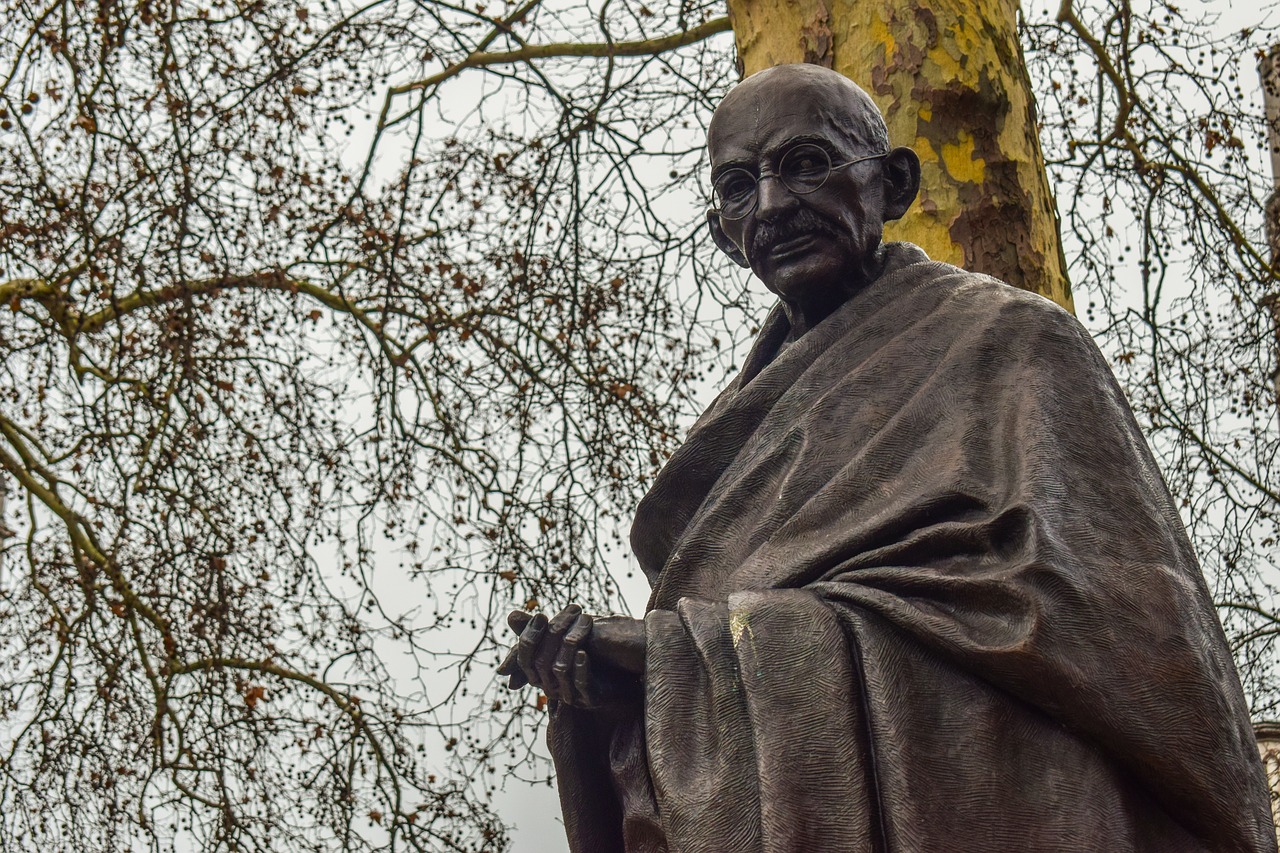‘The Sagacity of Words’
Gandhi and 21st Century Hip Hop
DOI:
https://doi.org/10.31273/eirj.v8i3.652Keywords:
Gandhi, knowledge, non-violence, protest, Hip HopAbstract
Best known for his ideas of ahimsa and satyagraha, Mohandas Karamchand Gandhi was a prominent figure in the Indian freedom movement. Even today, he is highly revered for his philosophy of non-violence which was also an integral part of India’s freedom struggle. Gandhi was responsible for making non-violent protests an important part of the movement. Now famous as a global expressive culture including forms of dance and music, Hip Hop, too, was conceived as a reaction to the violence that pervaded the gang culture of the late-1960s to early-1970s in The Bronx, New York City. Drawing from this thread of similarity, this article fleshes out parallels between the ideas of Gandhi and Hip Hop culture. Divided into three sections, it begins by establishing the cultural linkages between Gandhi, the Gandhian foundations of Hip Hop, and marking out the rationale of the study. The following section goes on to discuss the intertwining strings between Gandhi’s perceptions of knowledge and the significance of knowledge in Hip Hop culture. Finally, the third section discusses references to and representations of Gandhi in selected works of 21st century Hip Hop. In doing so, the article posits that Gandhism and Hip Hop culture belong to a similar lineage of ideas, if not the same one.
Exchanges Discourse Podcast
Downloads

Downloads
Published
Issue
Section
License
Copyright (c) 2021 Elloit Cardozo

This work is licensed under a Creative Commons Attribution 4.0 International License.
Authors who publish with this journal agree to the following terms:
Authors retain copyright and grant the journal right of first publication with the work simultaneously licensed under a Creative Commons Attribution License (CC-BY), which permits use and redistribution of the work provided that the original author and source are credited, a link to the license is included, and an indication of changes which were made. Third-party users may not apply legal terms or technological measures to the published article which legally restrict others from doing anything the license permits.
If accepted for publication authors’ work will be made open access and distributed under a Creative Commons Attribution (CC-BY) license unless previously agreed with Exchanges’ Editor-in-Chief prior to submission.
Authors are able to enter into separate, additional contractual arrangements for the non-exclusive distribution of the journal's published version of the work (e.g., post it to an institutional repository or publish it in a book), with an acknowledgement of its initial publication in this journal.
Authors are permitted and encouraged to post their work online (e.g., in institutional repositories or on their website) prior to and during the submission process, as it can lead to productive exchanges, as well as earlier and greater citation of published work. (see: The Effect of Open Access)
